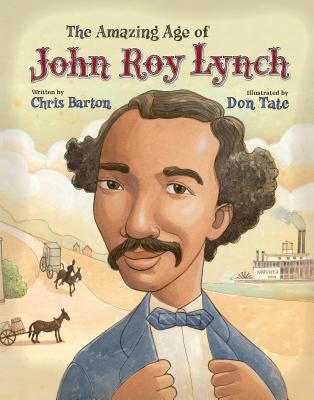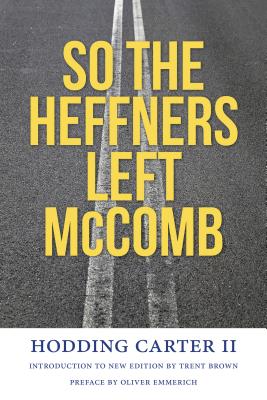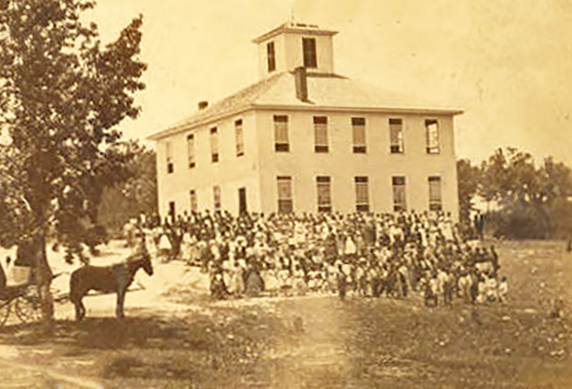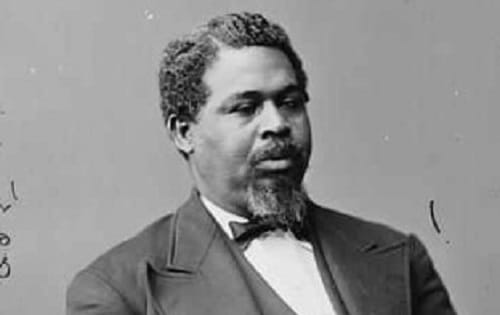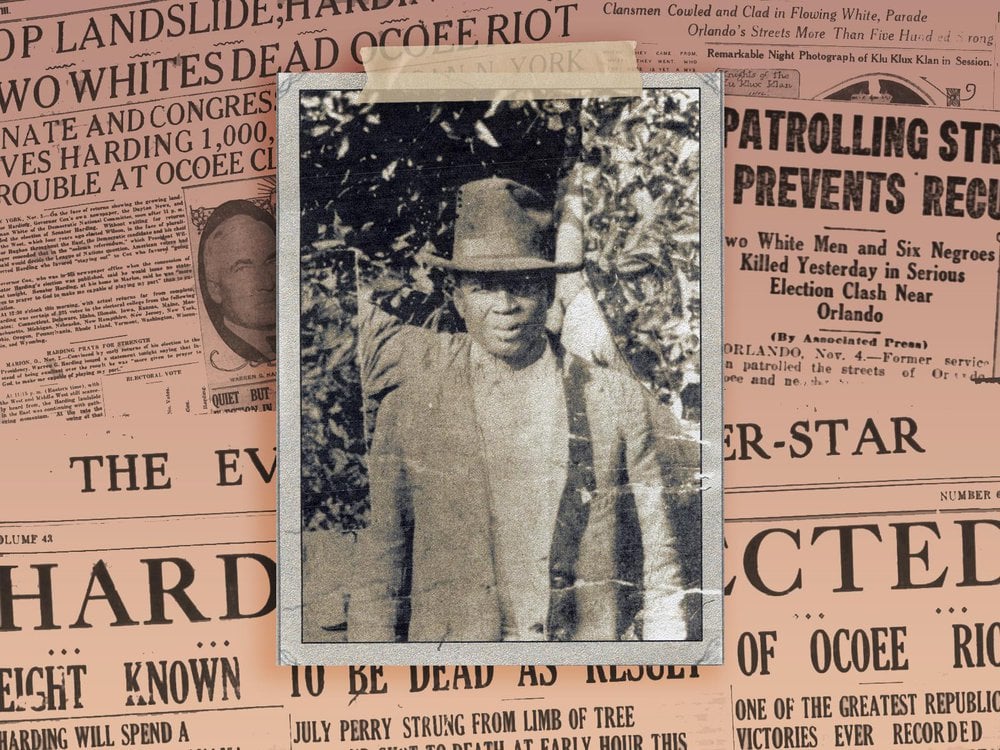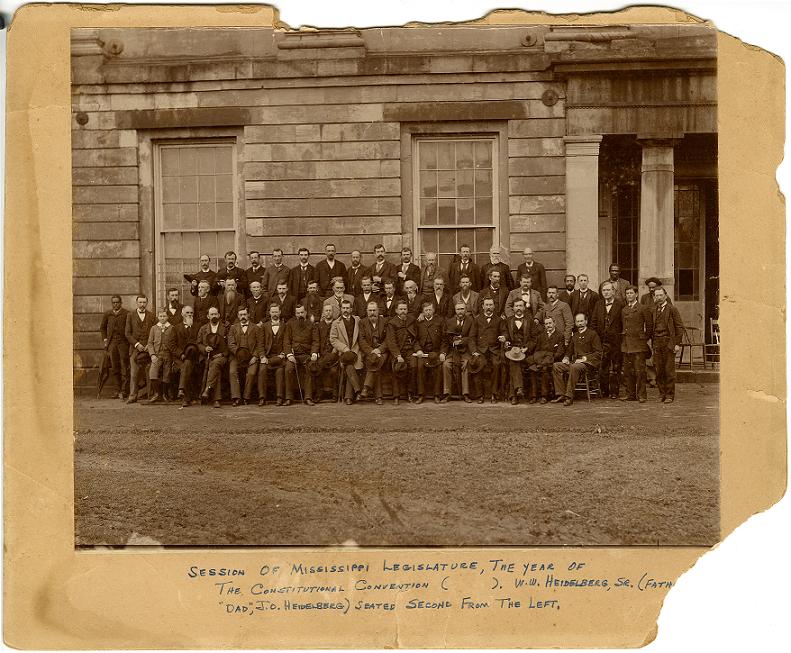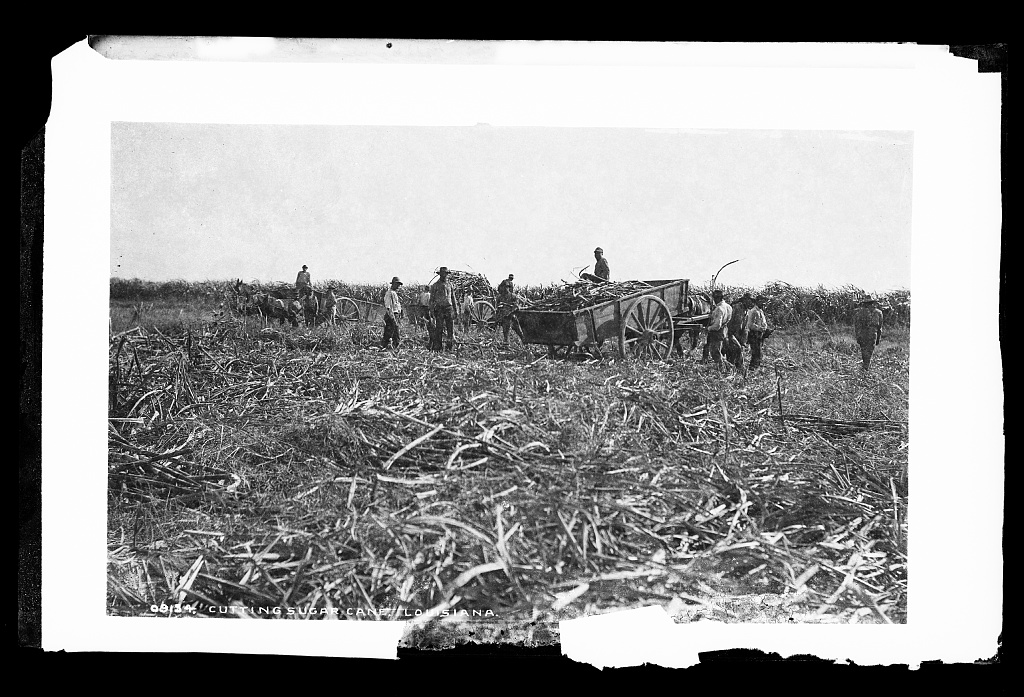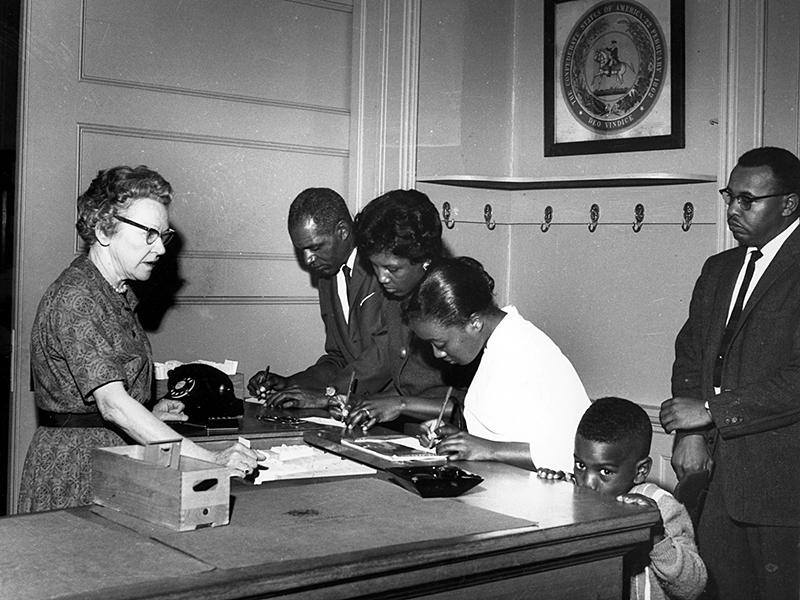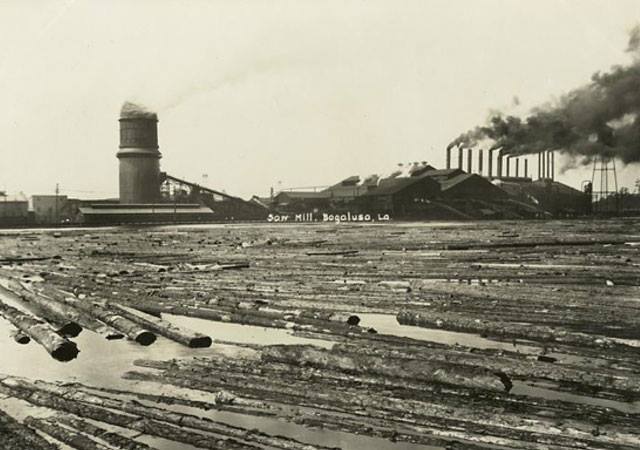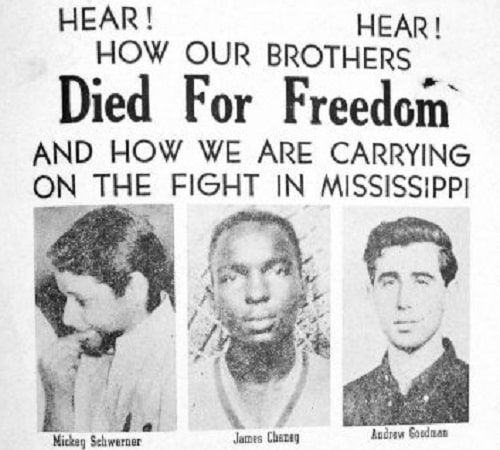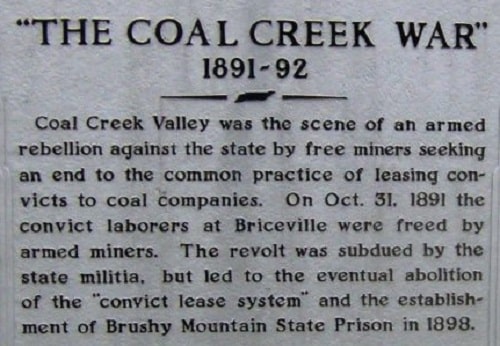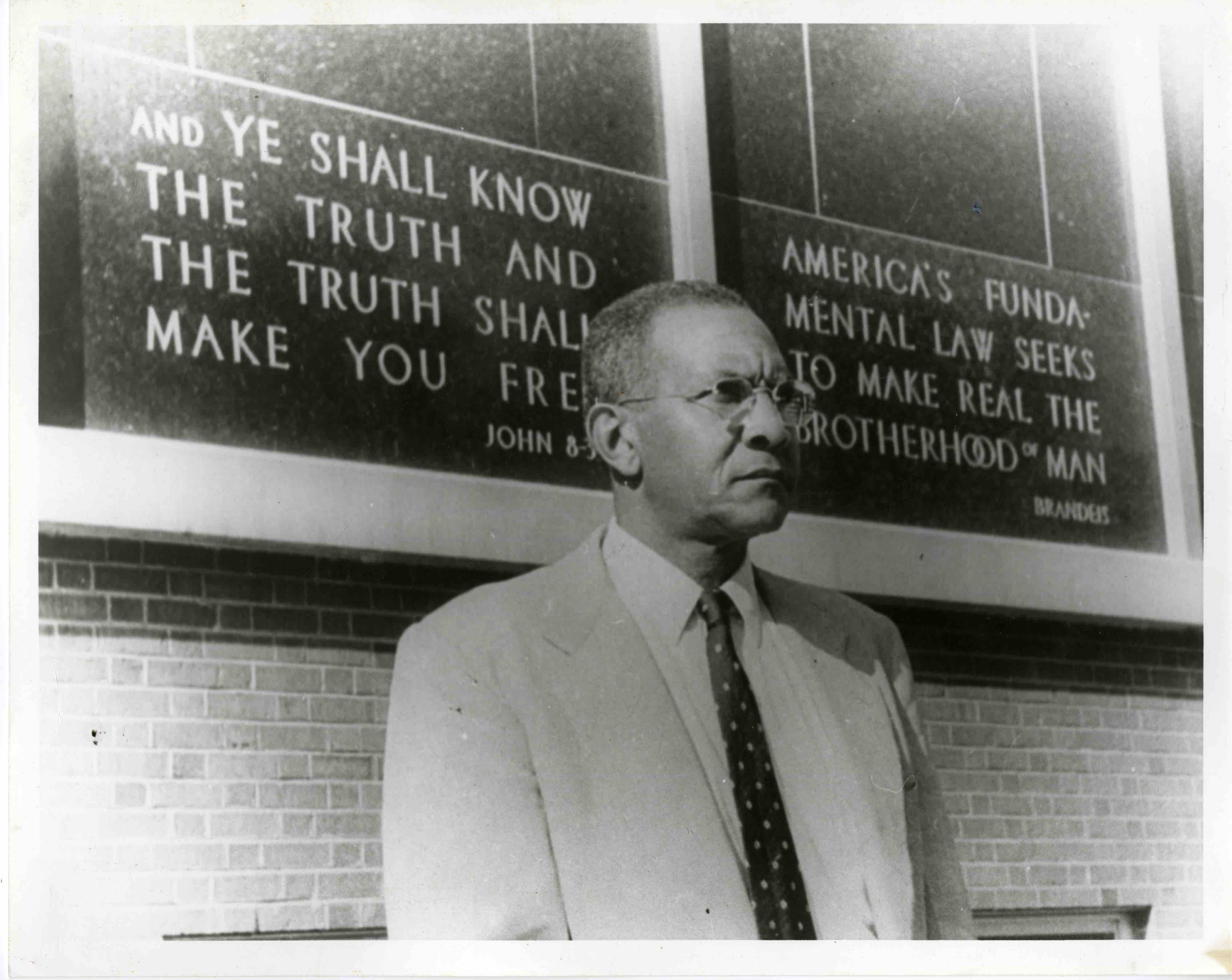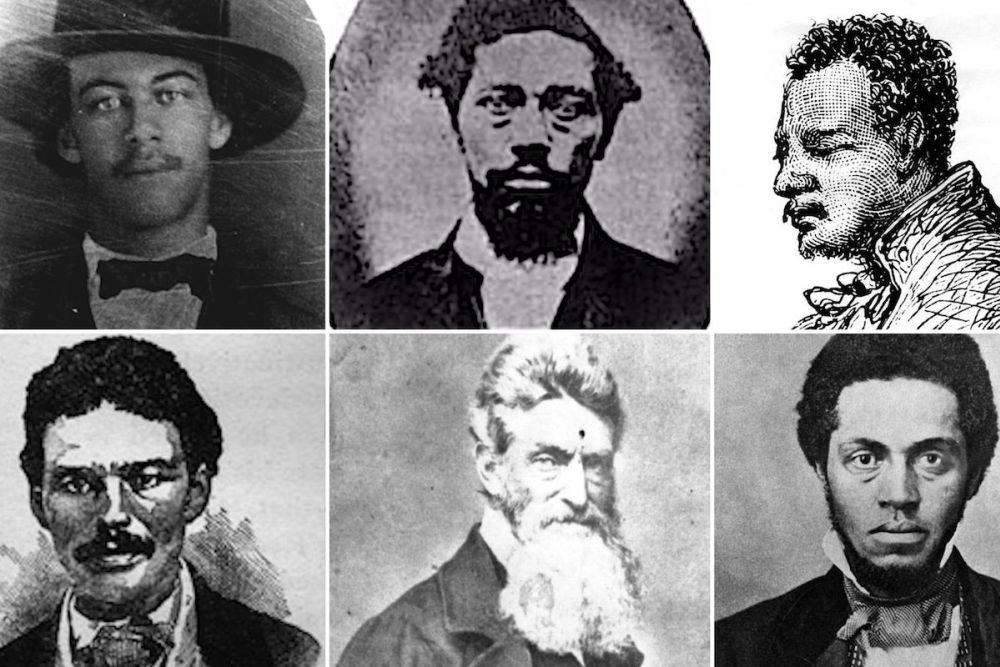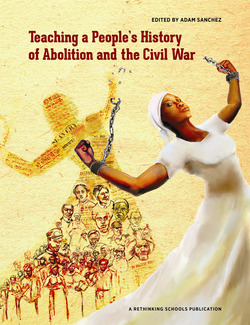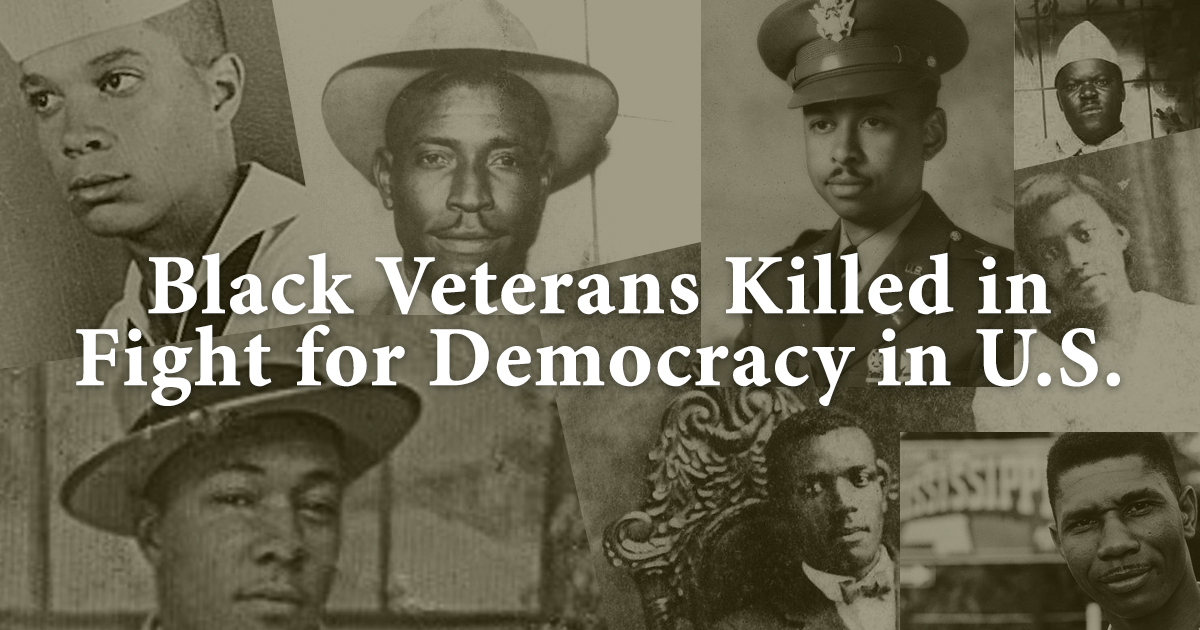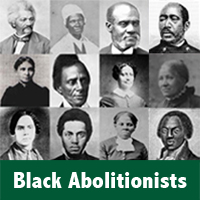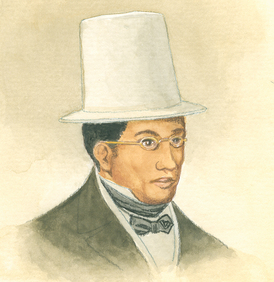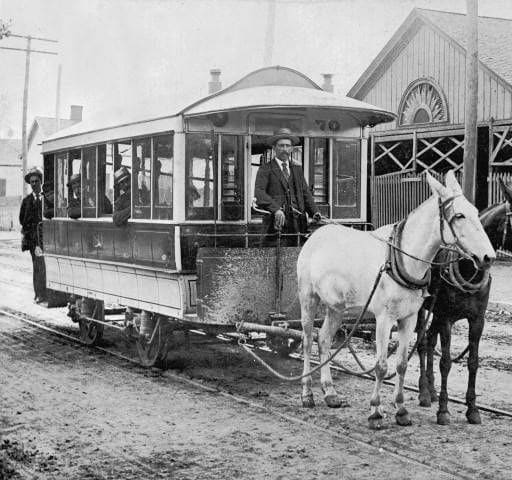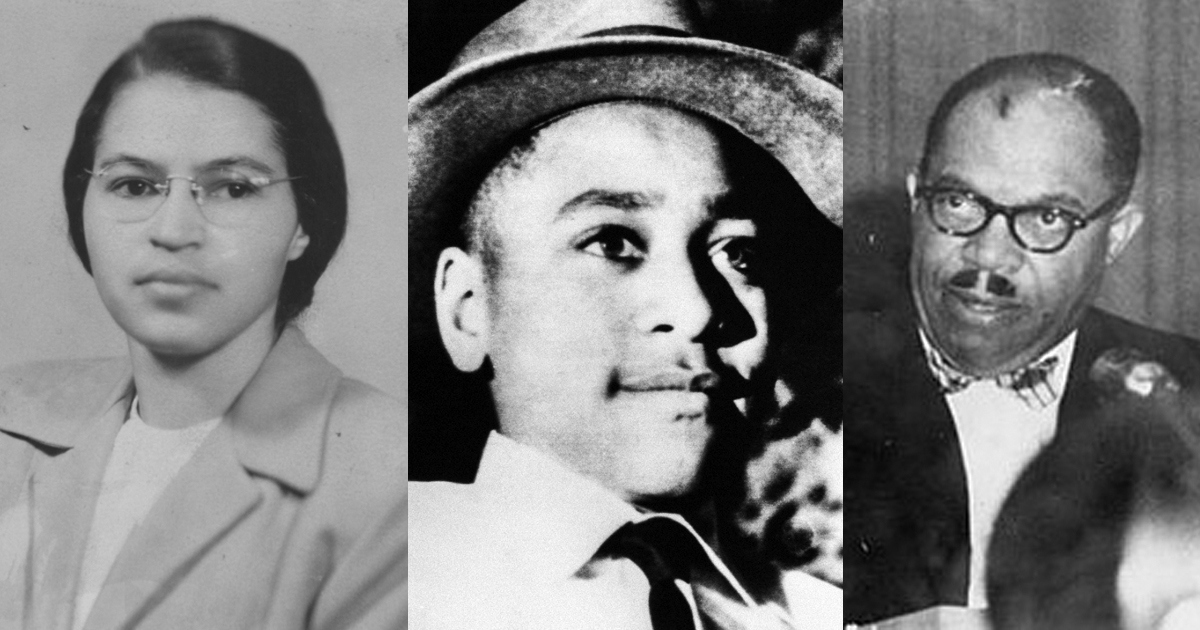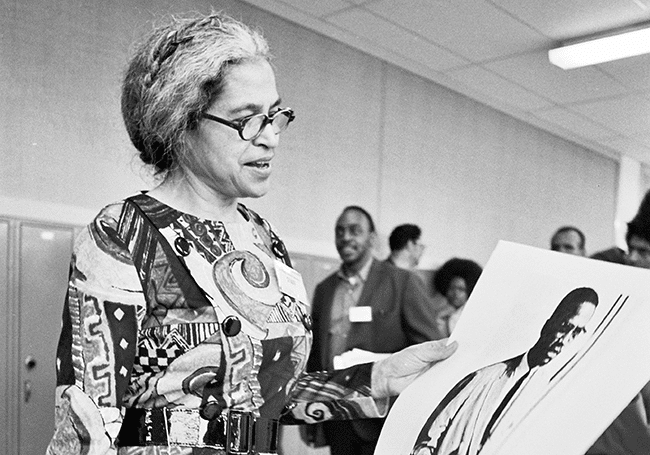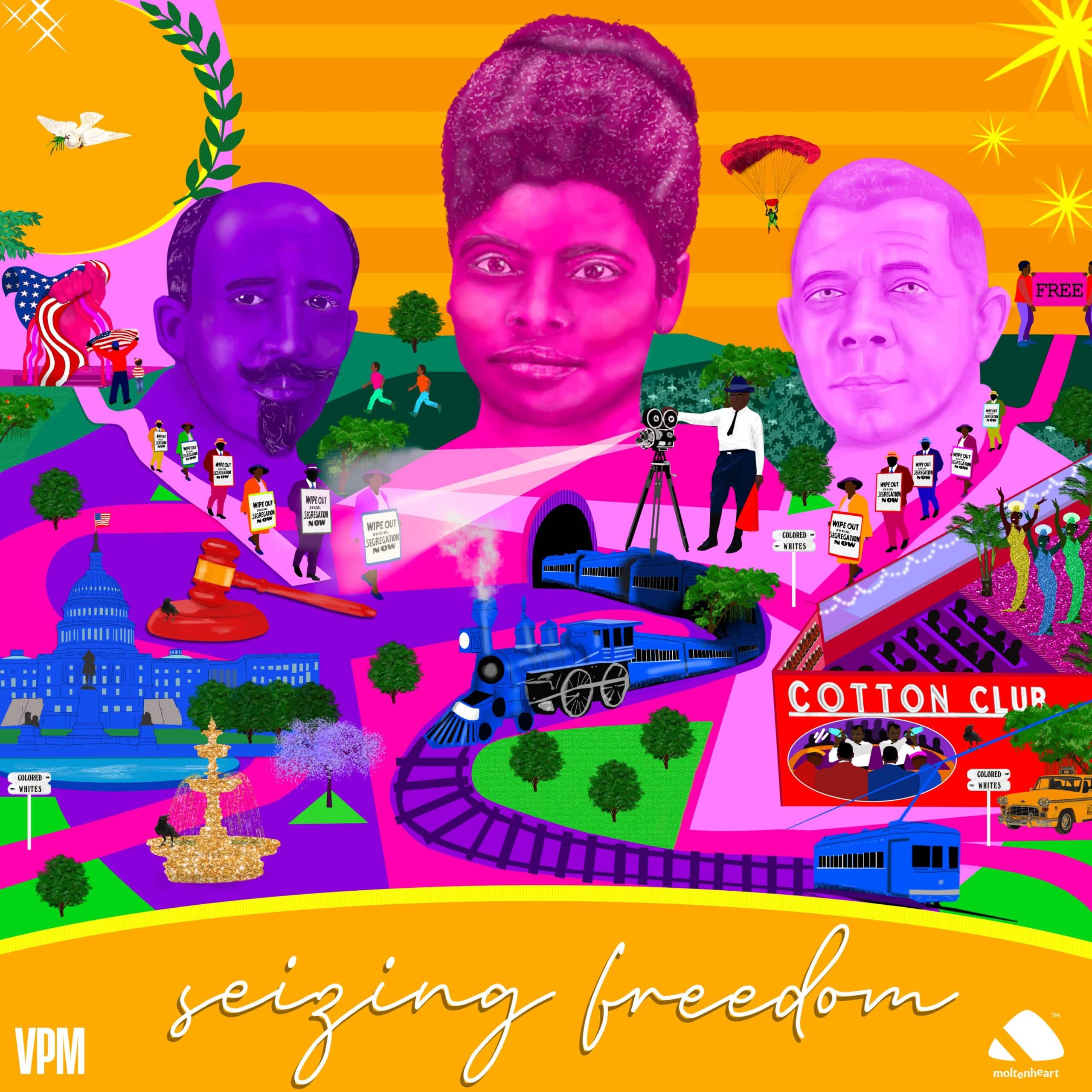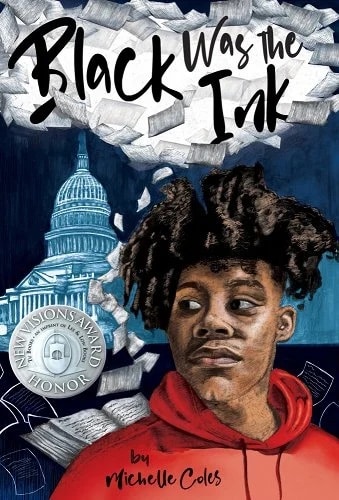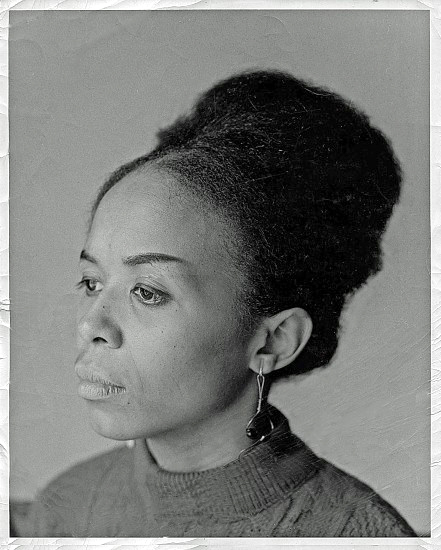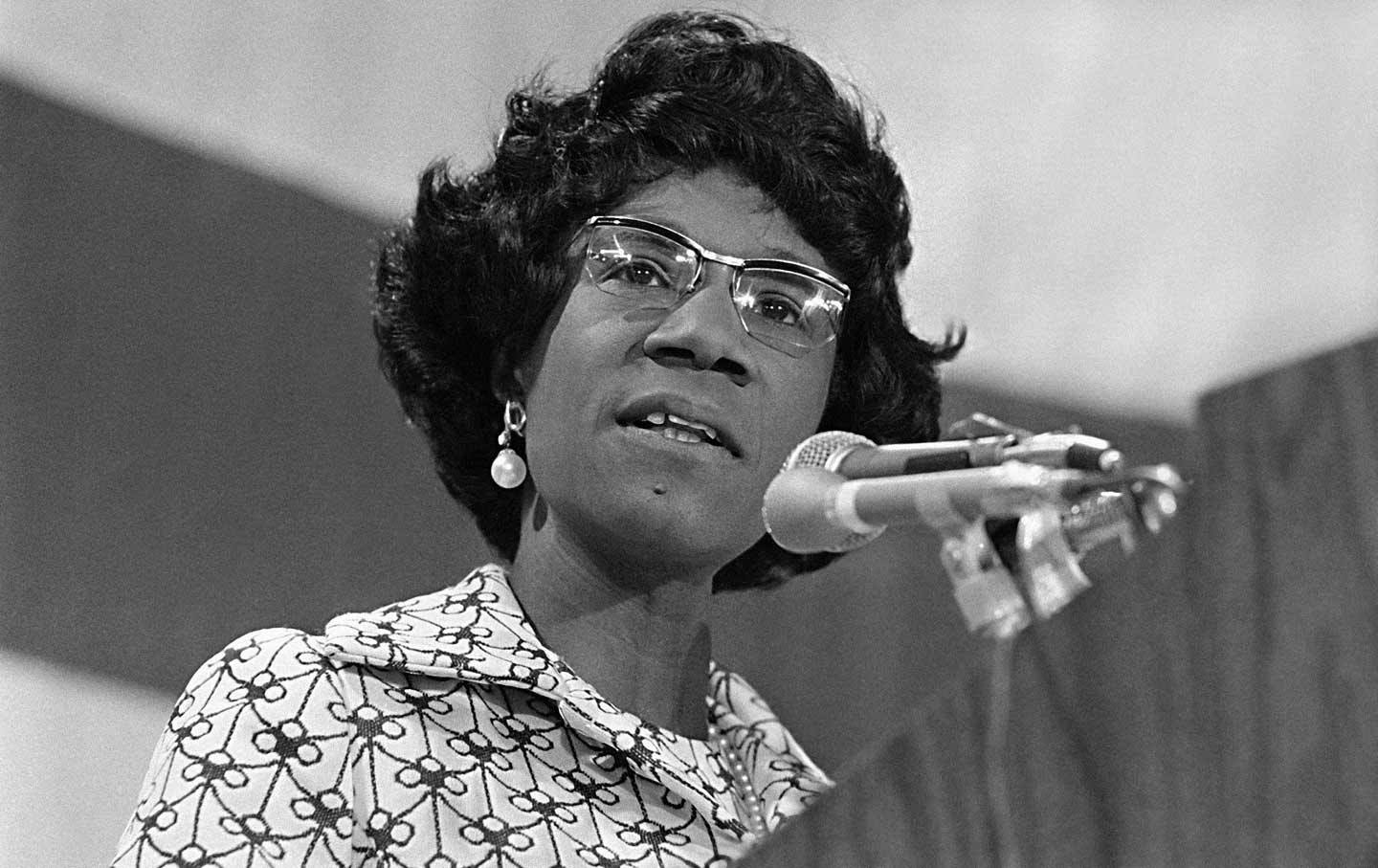Picture book. By Chris Barton. Illustrated by Don Tate. 2015. 50 pages.
An in-depth look at the Reconstruction period through the life of one of the first African-American congressmen.
Continue reading
Book — Non-fiction. By Hodding Carter II. Reprinted 2016. 176 pages.
Profile of a white family persecuted for being hospitable to civil rights workers.
Continue reading
Delegates gathered in Montgomery, Alabama, to draft a new state constitution during Reconstruction.
Continue reading
Robert Smalls was elected to Congress from South Carolina during Reconstruction.
Continue reading
More than fifty African Americans killed in the Ocoee Massacre after going to vote in Florida.
Continue reading
Mississippi adopted a state constitution with poll tax and literacy tests to roll back the gains of the Reconstruction era.
Continue reading
Between 30-60 striking Black Louisiana sugarcane workers were massacred.
Continue reading
The Albany Movement engaged multiple civil rights organizations and students in the fight for desegregation and voting rights.
Continue reading
The Bogalusa Labor Massacre was an attack on interracial labor solidarity in Louisiana.
Continue reading
James Chaney, Michael Schwerner, and Andrew Goodman were tortured and murdered by the Ku Klux Klan in Neshoba County, Mississippi.
Continue reading
A labor uprising to protest convict leasing led to the Coal Creek War.
Continue reading
SCOTUS ruled 9-0 that redrawing city boundaries in Tuskegee, Alabama to exclude African-American voters violates the 15th Amendment.
Continue reading
Abolitionist John Brown was executed by the state of Virginia for leading the infamous Harpers Ferry Raid.
Continue reading
Teaching Guide. Edited by Adam Sanchez. 2019. Rethinking Schools. 181 pages.
Students will discover the real abolition story, one about some of the most significant grassroots social movements in U.S. history.
Continue reading
On Veterans Day, we share a collection of stories about African American veterans who fought in various wars abroad and, upon their return to the United States, were murdered in the fight for democracy and human rights at home. We also share resources for teaching about the veterans who speak out against war.
Continue reading
Teaching Activity. By Adam Sanchez, Brady Bennon, Deb Delman, and Jessica Lovaas.
This mixer role play introduces students to the stories of famous and lesser-known abolitionists, through biography and investigation.
Continue reading
Radical abolitionists organized to liberate kidnapped Black New Yorkers and fight racist police violence in the decades after New York abolished slavery.
Continue reading
Reconstruction era protest of racist discrimination on streetcars in Louisville, Kentucky.
Continue reading
Book — Fiction. By Jewell Parker Rhodes. 2023 paperback release. 256 pages.
A powerful coming-of-age survival tale exploring issues of race, class, and climate change.
Continue reading
Rosa Parks attended a mass meeting about Emmett Till days before her refusal to give up her seat on the bus.
Continue reading
Teaching Activity. By Bill Bigelow.
In this mixer lesson, students learn about Rosa Parks' many decades of activism by taking on roles from various times in her life. In this way, students learn about her radicalism before, during, and long after the Montgomery Bus Boycott.
Continue reading
Podcast. Written and hosted by Kidada E. Williams. 2021.
A Black history podcast tells stories "drawn from archives of voices from American history that have been muted time and time again."
Continue reading
Book — Fiction. By Michelle Coles. Illustrations by Justin Johnson. 2021. 368 pages.
A powerful coming-of-age story and an eye-opening exploration of the Reconstruction era.
Continue reading
Profile.
Dorie Ladner (June 28, 1942-March 11, 2024) was a Student Nonviolent Coordinating Committee (SNCC) veteran, social worker, and lifelong activist.
Continue reading
Born on this day, Shirley Chisholm was the first Black woman elected to the U.S. Congress
Continue reading

